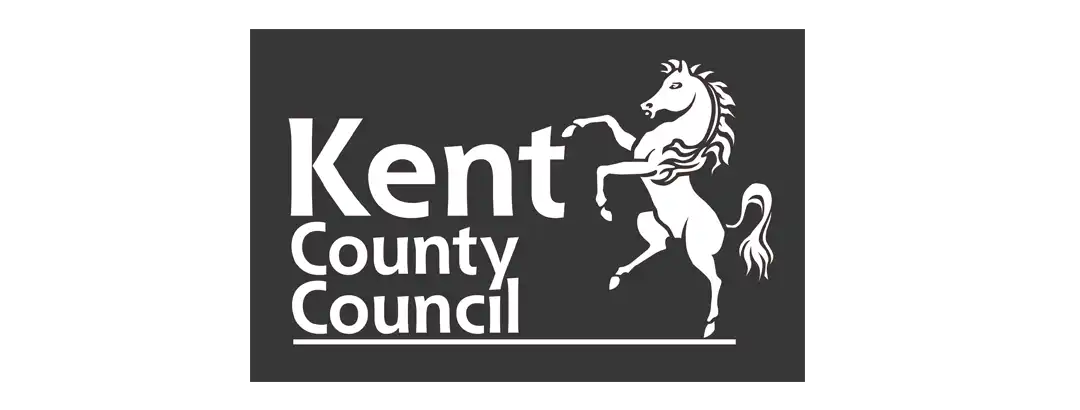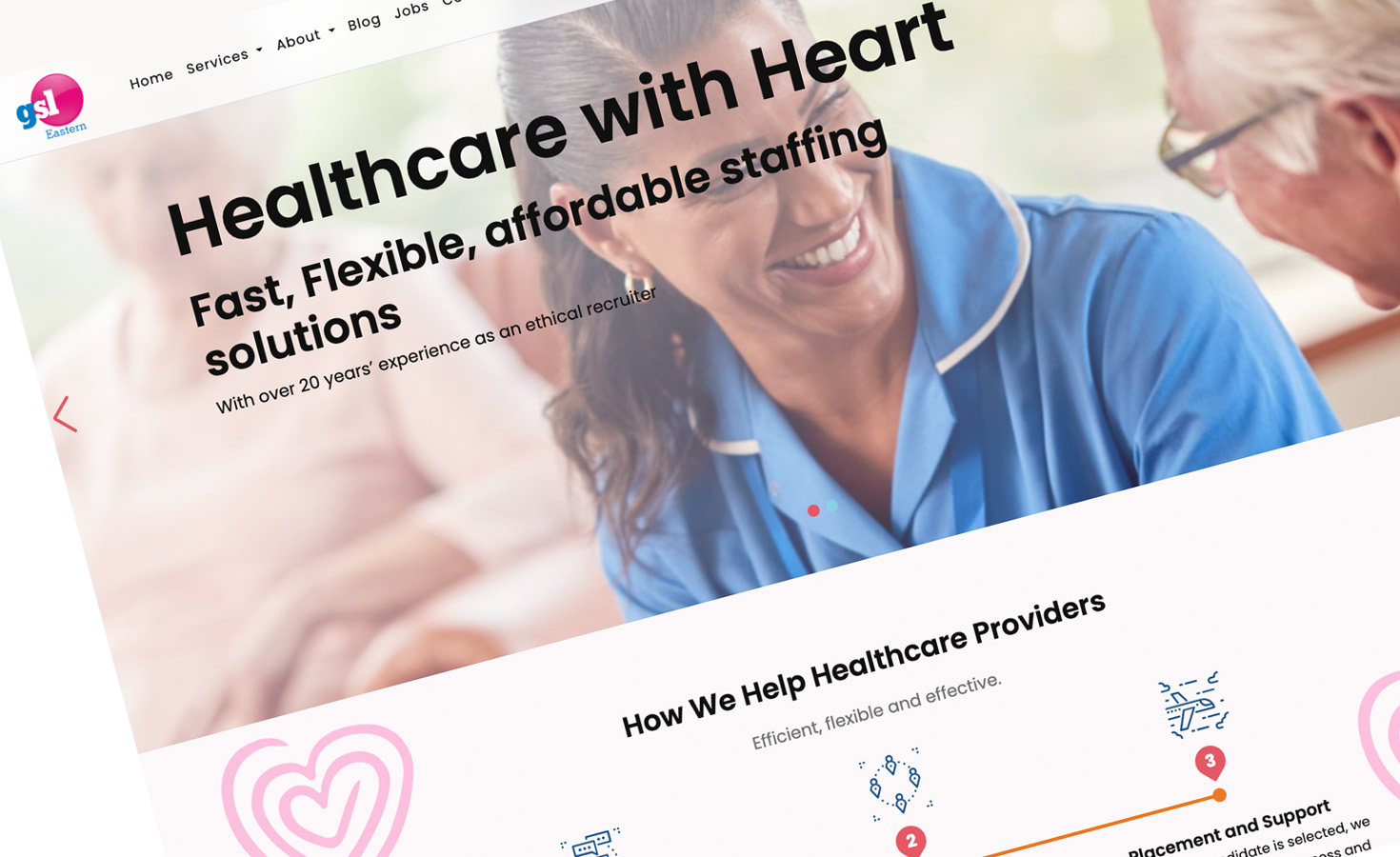The General Data Protection Regulation (GDPR), implemented in May 2018, set the standard for data privacy and security across Europe. If your website handles any personal data from users in the EU (or the UK, which follows similar rules), GDPR compliance is necessary. But what exactly does that entail? And how can you ensure your site is up to standard?
In this blog post, we'll break down the key GDPR requirements for websites in simple terms and explain how Tinderhouse can help you navigate these regulations with ease through our financial app development and healthcare app development expertise.
What Is GDPR?
GDPR is a regulation that protects the personal data of individuals within the European Union (EU). It gives users more control over how their data is collected, stored, and used by websites and businesses. Personal data can be anything from a user’s name and email address to more sensitive information like IP addresses and browsing behaviour.
Failure to comply with GDPR can result in hefty fines, so it's crucial for any business with an online presence to understand and adhere to these rules.
Key GDPR Requirements for Your Website
1. Consent for Data Collection
- What it means: You must obtain clear and explicit consent from users before collecting their data. This means no pre-ticked boxes or hidden agreements.
- How to comply: Use an easy-to-understand consent form or popup that allows users to opt-in to data collection, rather than opting out. Users should also be able to withdraw their consent just as easily.
2. Transparent Data Policies
- What it means: Your website should have a privacy policy that clearly explains what data you collect, why you collect it, how you use it, and how long you store it.
- How to comply: Create a detailed privacy policy and make it easily accessible, typically through a link in the footer of your website. Avoid legal jargon—use simple language that anyone can understand.
3. User Rights Management
- What it means: GDPR gives users several rights regarding their data, including the right to access, correct, or delete their data.
- How to comply: Implement processes that allow users to exercise these rights. This might involve adding a form on your website where users can request data access or deletion.
4. Data Breach Notification
- What it means: If your website suffers a data breach, you are required to notify both the affected users and the relevant authorities within 72 hours.
- How to comply: Ensure that your website has robust security measures in place to prevent breaches, and establish a response plan so you can act quickly if a breach occurs.
5. Data Minimization and Security
- What it means: Only collect the data that you truly need and ensure that it is stored securely.
- How to comply: Regularly audit the data you collect to make sure it’s necessary. Implement security measures like encryption, secure passwords, and regular updates to your site’s software to protect user data.
6. Cookies and Tracking
- What it means: If your website uses cookies or any tracking mechanisms, you must inform users and obtain their consent before placing these cookies on their devices.
- How to comply: Use a cookie consent banner that explains what cookies are used on your site, and what they do, and gives users the option to accept or decline them.
How Tinderhouse can help
Navigating GDPR compliance can be daunting, especially if you're unfamiliar with the legal landscape. That's where Tinderhouse comes in. As a leading website development agency, we specialise in creating high-stakes SaaS development and mobile app engineering solutions that are not only visually stunning but also fully compliant with GDPR requirements.
We applied these high-compliance principles when developing "My Lost Account," an official UK central banking portal. Our engineering team built a secure architecture to manage sensitive data across all major UK banks and building societies: ensuring absolute data integrity and regulatory adherence. View the full case study: My Lost Account
Here’s how we can help:
- Custom Privacy Solutions: We’ll work with you to develop a comprehensive privacy policy and implement consent mechanisms that fit your website’s needs.
- Security Expertise: Our team will ensure your website is secure from the ground up, protecting user data with the latest encryption and security technologies.
- GDPR Compliance Check: Already have a website? We can audit your existing site to identify any areas where you may fall short of GDPR standards and help you address them.
- Ongoing Support: GDPR compliance isn’t a one-time task. We offer continuing support to keep your website up to date with any new regulations or changes in the law.
At Tinderhouse, we understand that GDPR compliance is critical to your business’s success and reputation. Let us take the stress out of the process so you can focus on what you do best—running your business.
Ready to make your website GDPR-compliant? Contact Tinderhouse today to learn more about how we can help you stay on the right side of the law and protect your users’ data.
---
This post is designed to give you a straightforward overview of GDPR and how Tinderhouse can support your business in staying compliant. If you have any questions or need further clarification, our team is here to help!
Need an app or website?
Get in touch to discuss how we can help create an app of your own or find out how our Fractional Product Team can support your development journey from MVP through to scale.












